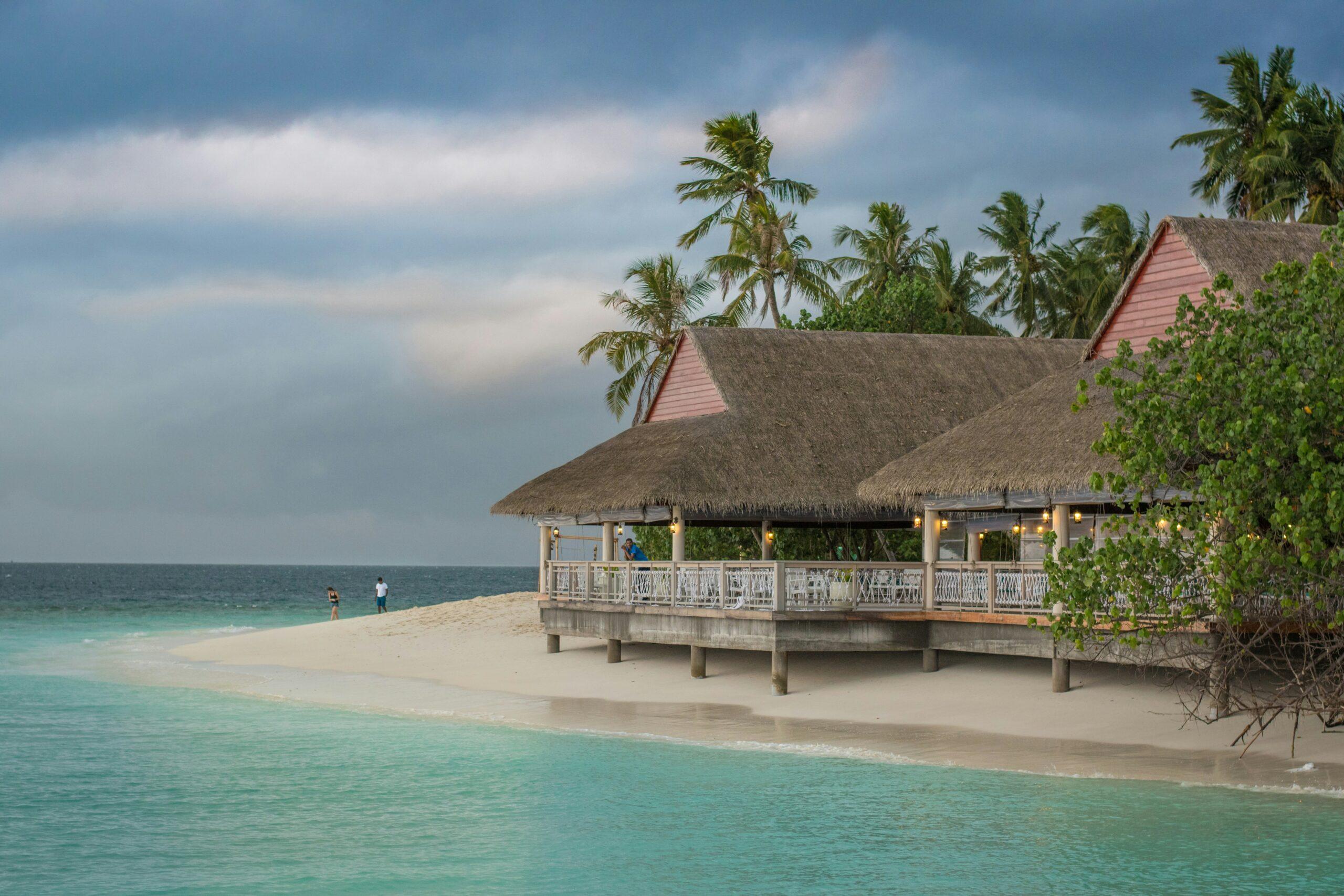Share:
We find ourselves at a pivotal juncture where the rising demand for sustainable tourism intersects with the enduring allure of luxury hospitality. This intersection presents both challenges and opportunities for the travel industry.
Sustainable tourism, at its core, is rooted in environmental responsibility. It often embraces minimalism and aims to leave the lightest possible footprint on both the environment and local communities. This approach prioritises conservation, cultural preservation, and the well-being of local communities. In contrast, luxury tourism is characterised by its multifaceted nature, designed to create indulgently memorable experiences with its luxurious elements often resulting in increased resource consumption and larger environmental impacts.
The hospitality industry is facing increasing pressure to address their environmental impact and adopt sustainable practices to comply with regional and international climate reduction goals and regulations.
The industry is estimated to contribute roughly 8-10% of global greenhouse gas emissions. This includes emissions from accommodation (like hotels and resorts), food and beverage services, and transportation associated with tourism. The largest contributors within the sector are often energy-intensive facilities, food waste, and the transport emissions from tourism activities.
Addressing the decarbonisation strategy is crucial, the industry is slowly working toward sustainable practices, including energy efficiency, waste reduction, and renewable energy use, but significant challenges remain due to the sector’s reliance on high energy consumption and international travel.

Case study: Carbon Footprint Assessment Report at a luxury resort and spa (The client) in India
“Creating a legacy of responsible luxury, the client strives to lead by example in the hospitality industry by adopting sustainable practices that reduce their carbon footprint and promote best practices.” The President, The Client
The client is committed to becoming a beacon of responsible luxury, setting new standards for the hospitality industry, together with their guests, employees, and stakeholders, They strive to create a legacy of sustainability that transcends boundaries and paves the way for a thriving future.
The client understands the importance of measuring and reporting their greenhouse gas emissions (GHG) is crucial for tracking progress, setting reduction targets, and fostering transparency in the industry.
For this project, The Carbon Collective Company utilised the GHG Protocol Framework and emissions from their direct and indirect operations covering Scope 1 and Scope 2 were accounted for and analysed. The client had clear objectives on clarity on where their main emitting factors stem from in order look at permanent solutions to implement to reduce them.
The foremost thing to do while preparing an inventory is define organizational boundaries and our experienced sustainability consultants collaborated with the client to define system boundaries.
Adhering strictly to the Greenhouse Gas Protocol: A Corporate Accounting and Reporting Standard – Revised Edition, the Client defined its system boundaries using the operational control approach, encompassing stationary combustion, mobile emissions, process emissions, refrigerant leakages, fire extinguisher leakages, and electricity consumption.
The client submitted all the required documentation and a site visit was conducted by our sustainability consultants to access onground operations, ensure accuracy and compliance.
Once all the emissions data was collected and analysed a comprehensive report including all quantitive data was presented to the Client, allowing the opportunity for the Client to gain a full understanding of all the metrics and technical data included in the report. This report also serves as a baseline for all future carbon reduction plans including SBTi and the annual reporting.
The Carbon Collective Company developed a comprehensive strategy aimed at reducing their carbon footprint and ultimately neutralisling their negative impacts. A series of recommendations were presented to the client, many of which are now included in their decarbonisation road map, some of these include:
1. The client is recommended to reduce Scope 1 emissions by:
- Transitioning from natural gas boilers to green hydogen natural gas blend powered boilers.
- Transitioning from Diesel-based Gensets to PNG.
- Adopting EVs instead of Internal Combustion vehicles for the fleet.
- Transitioning to Biomass Briquettes from charcoal of firewood.
- Adopting HFO-based refrigerants for cooling purposes.
2. The client is recommended to reduce their Scope 2 emissions by having 100% of the electricity used in operations produced or sourced from renewable sources. Additionally, they can commit to RE100 initiative.
3. Set up sustainable procurement mechanism to increase the purchase of eco-friendly and recycled materials for operational input.
4. Commit to SBTi and become a NetZero organisation by 2050.
5. The Client can offset their residual Scope 1 and Scope 2 emissions by investing in nature-based carbon offset projects.
Here’s what the Client had to say about their experience in working on the project with us:
“I wanted to express our sincere appreciation for the exceptional work The Carbon Collective team did in measuring our Green House Gas emissions. The comprehensive report you provided has given us a clear baseline to work from as we continue to enhance our sustainability efforts.
We were particularly impressed with the professionalism and guidance you offered throughout the process. Your team’s ability to explain the technical aspects and terminology in a clear, understandable manner was greatly appreciated by our entire team. The dedication and thoroughness you demonstrated have made a significant impact on our understanding and approach to reducing our environmental footprint.” General Manager, The Client
To conclude, the hospitality industry plays a crucial role in the fight against climate change, as it has a considerable environmental impact through energy use, waste production, and transportation. The increased pressure from governments, industry bodies and consumers is resulting in a sharp rise in the number of organisations in the hospitality industry beginning to implement sustainable practices.
Embarking on a sustainability journey not only contributes to the global emission reduction mandates, it also opens up opportunities for organisations to achieve green certifications, set yourself apart from industry peers and attract custom from the ever-growing eco-concious travel and tourism sector.
Sustainability is complex, and collaboration is essential. The vast majority of organisations do not have the in-house expertise required to develop and implement and implement a sustainabiity roadmap that is required to support their carbon footprint reduction goals and this is where third-party sustainability consultants like us come in to the picture.
If you’d like to find out more about how working with us could benefit your organisation, you can reach us on [email protected]
If you are interested in finding out more information about carbon offsets
Popular Reads











